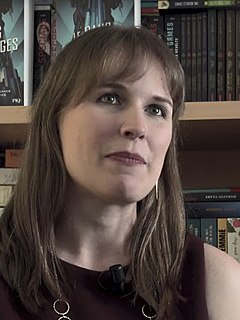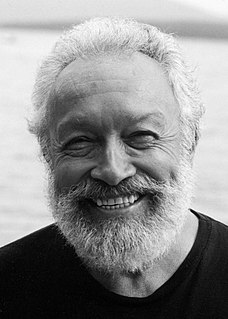A Quote by Tara Brach
With the first out breath, you are releasing worries, plans, mental tensions. With the second out breath, you are releasing physical tightness and tension. With the third out breath, you are releasing difficult emotions.
Related Quotes
I will use a form of punctuation of my own, which will be something like this - when one is beginning he takes a long breath, for this use a capital. When he stops for breath, a comma, and when it is all gone, a period. Don't know the use of a semi-colon, but expect it is when one thinks he is out of breath and isn't.
As long as we are focusing on the breath we do not feed our mental, emotional, and physical patterns. By returning to the breath again and again we start to dissolve their power. We develop a space between experience and our identification with it, thereby weakening the process that creates habits in the first place.
You must photograph where you are involved; where you are overwhelmed by what you see before you; where you hold your breath while releasing the shutter, not because you are afraid of jarring the camera, but because you are seeing with your guts wide open to the sweet pain of an image that is part of your life.
So now, how did God produce this world?... The fable is that he breathed upon us. In his breath, his wind, came moisture and things began to grow... a message of hope. Nothing physical. How do you intend for your breath to become a work of art? The only way I can see it is that you prevent your breath from becoming a structure. As soon as your breath takes on the form of a room, you are a carpenter; you're not God.
I'm really into the basic idea of Kriya Yoga. The breathing that goes on in Kriya. Other than that, it's just communicating with the universe and getting the inspiration for different kinds of breath. Basically, I'm into the movement of breath and the shapes of breath. The different kinds of sequences of breath. I like doing that a lot.






































